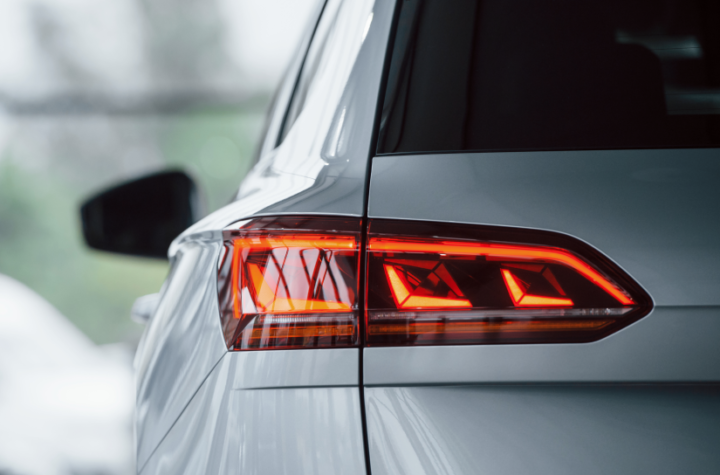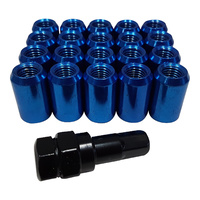
Four-C Finds Its Fit
Volvo’s Continuously Controlled Chassis Concept is included on the new S60 R & V70 R
 |
| The heart of Volvo’s Four-C system is an Ohlins-developed valve that installs from the outside of the shock absorber. |
“We developed a separate valve that is able to be installed on the shock absorber from the outside,” says Henrik Johansson, general manager, operations, at Ohlins. “This is based on a solenoid valve which is an electromagnetic valve. We put the fixed current over a coil and then get a certain force in the service stage of the hydraulic valve.” Ohlins began working on the technology 20 years ago, and Johansson says the system was ready 12 years ago.
“We had a product then that was good enough and had the performance system, but the way we had chosen to install it at that time was far too complicated,” says Johansson. “We had a product with Volvo. We had the valves installed in the piston, so the cables came out of the piston shaft and it was far too expensive and complex. Volvo and Ohlins parted ways on the project, but we kept developing it.” In 1998, Ohlins re-teamed with Volvo.
Volvo took the route as systems integrator and started to develop the control unit and continue the development of the algorithms. At that same time, Ohlins teamed up with Tenneco Automotive to produce a shock absorber that could meet the demands of the system. “We delivered Tenneco the valve and they created a total new shock,” says Johansson. “It is important, in using this valve, to have a uniflow shock absorber. Tenneco Monroe came up with a triple tube shock absorber with a lot of new technology inside.”
On the S60 R and V70 R, the Four-C system is combined with Volvo’s Haldex all-wheeldrive system and DSTC (dynamic stability and traction control).
“The Four-C chassis system would not be possible without the multiple systems working together as one,” says Wayne Baldwin, car line manager for S80s and S60s at Volvo. “The Four-C, DSTC and all-wheel-drive interact in a very advanced and intelligent way to give optimal traction, ultimate driving safety and a formidable driving experience.”
The Four-C system has a high performance control unit developed and manufactured by Motorola and sensors throughout the car that monitor the rotational speed and vertical movement of each wheel; steering wheel deflection and velocity; cornering; engine torque; and braking interventions by ABS and DSTC. The Four-C system adjusts the level of current to each shock absorber individually, every alternate millisecond. The dampers are adjusted immediately to all road and driving conditions, “without noticeable delay to the driver,” says Baldwin.
The system also offers three chassis modes — comfort, sport and advanced sport — activated by the push of a button located on the instrument panel. The chassis setting can be changed while driving, as the nature of the road changes or if the driver wants to change the style of driving.
In the comfort mode, the shock absorbers soften the movements of the car body. The car performs like a normal passenger car. Sport mode stiffens the shocks, causing the car to behave like a typical sports car, reducing roll during hard cornering. The sport mode is the default setting on both models. In advance sport mode, the chassis setting is optimized for maximum road grip. The shocks absorber setting allows maximum contact between the tire and the road surface. According to Baldwin, the car performs like a pure racing car.
Volvo began production of the S60 R and V70 R in March and will have 400 units available when they are first offered to dealers on May 1. Volvo is projecting sales of the “R” cars at more than 9,000 units with about 2,500 vehicles earmarked for North America and 7,000 worldwide.
The S60 R will be built at Volvo’s factory in Ghent, Belgium. The V70 R will be built at the Torslanda plant in Sweden.
The Four-C system will make its way onto future models, but not necessarily like the same system found on the S60 R and V70 R. “Volvo will introduce the Four-C system on its S80 in a few months,” says Baldwin. The system will offer only two active chassis settings, comfort and sport, says Baldwin, with comfort as the default setting.













More Stories
The Long-Term Value of Premium Quality Wheel Nuts
Top Ways Intelligent Vehicle Innovations are Transforming the Auto Industry
How to Choose the Right Dealership for Your Used Car?